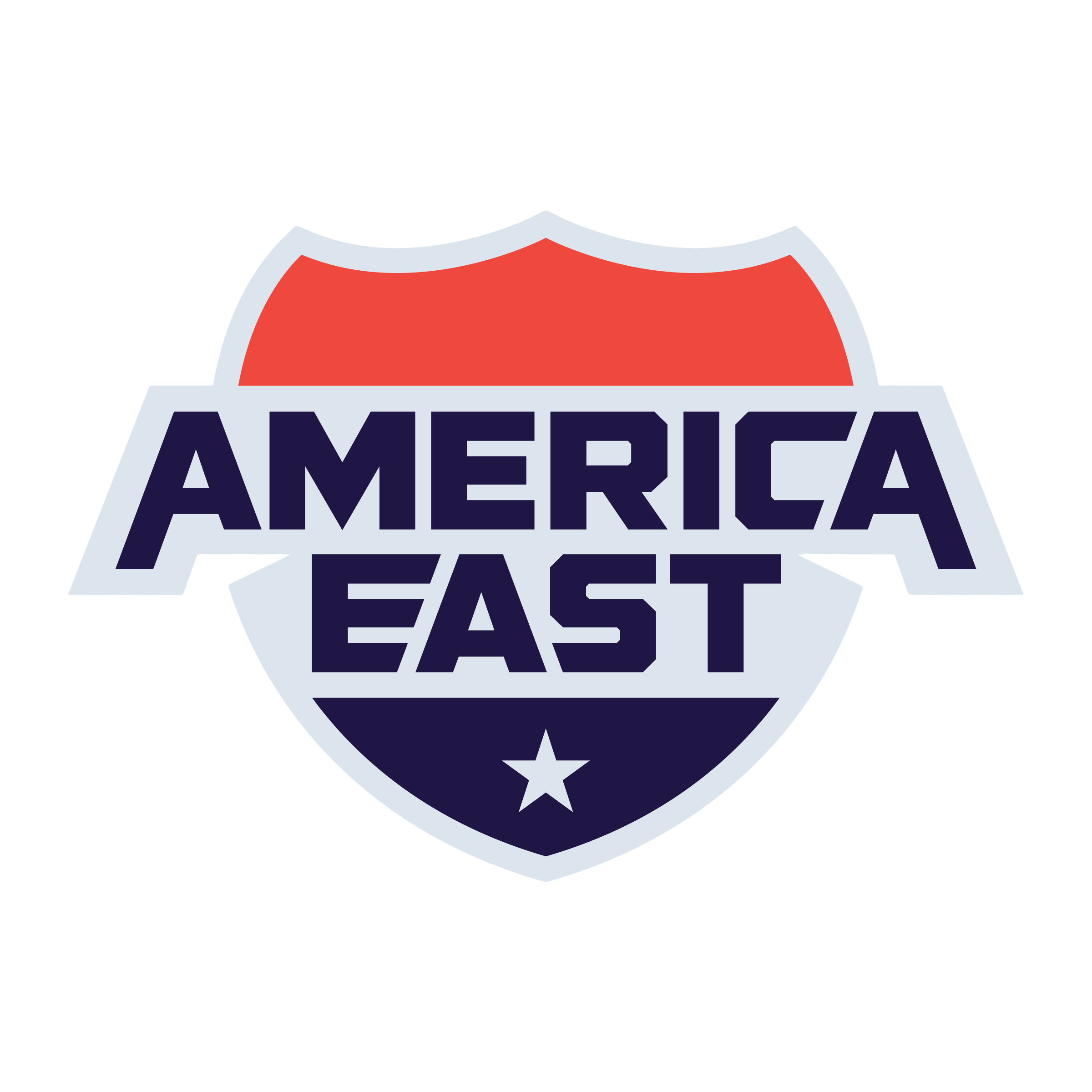America East Students Participate in Conference-Wide Hackathon
BOSTON (November 10, 2016) | More than 150 undergraduate students from America East Conference member universities gathered at the Binghamton University Innovative Technologies Complex to compete in the first-ever America East hackathon on Saturday, November 5 – Sunday, November 6. Organized by the America East Academic Consortium in partnership with Binghamton University’s Office of Entrepreneurship and Innovation Partnerships and Binghamton University’s student hackathon organization, Hack BU, the weekend-long coding competition, known as Hack AE, provided students with a unique opportunity to build software and hardware projects aimed at encouraging civic engagement and/or addressing a real-world challenge.
Following an opening ceremony that featured remarks from Binghamton University President Harvey Stenger and presentations from a handful of sponsoring company representatives, students formed teams, with each team including no more than four individuals from one or more America East universities. In the subsequent hours, students worked tirelessly to develop innovative, tech-based solutions to some of the most vexing issues facing our cities, states, and country. Representatives from Major League Hacking, the official student hackathon league, were on site to provide mentorship and support to participating students from a myriad of academic bachgrounds.
Throughout the event, students were afforded the chance to learn about new technologies from industry experts and discover career opportunities with sponsoring companies. Professionals from leading organizations, including BAE Systems, Bloomberg, General Electric, Hudson River Trading, IBM, Insightful Informatics, Lockheed Martin, PricewaterhouseCoopers, and Viacom, were in attendance to speak with students about career possibilities and technological developments. In an effort to highlight the exceptional talent pool that exists across the America East Conference, sponsor representatives were presented with a Hack AE student resume book containing the resumes of Hack AE participants.
Beyond professional networking, participating students enjoyed the occasional hacking break in the form of technology talks led by Binghamton University faculty members and university guests, as well as select technology-oriented games coordinated by Major League Hacking representatives.
While ancillary activities and meals were unquestionably well received, it was clear that students were most enthusiastic about their software and hardware projects, with most foregoing sleep to work through the night. Daylight Saving Time gifted students with an additional hour of coding, increasing the permitted period for development and design work to 25 hours. At the conclusion of the hacking window, students presented their projects to a handful of judges, with judges’ deliberations resulting in the selection of overall and category award winning teams.
Students from the host campus swept the top three overall awards. Binghamton University’s Alan Plotko took the top prize with his “Protect Yourself” project, a web application designed to educate users regarding the sharing of personal information online. “Smart Park,” created by Jack Fischer and Ethan Schoer, received second place honors. Intended to reduce traffic caused by individuals searching for parking, “Smart Park” allows for the identification and timely notification of open parking spaces. “Vote with Friends,” a project created by Binghamton’s Samuel Bravo, Andrew Chellis, and Tom Moshier, was recognized as the third best overall hack. The web application assists individuals who do not have access to transportation to their designated polling station by connecting them with friends who are traveling to the same voting location.
The category awards honored students from a number of America East universities, with students from the University at Albany, Binghamton University, University of Hartford, University of Maine, and UMass Lowell earning prizes for their projects. Among the category award-winning projects was a web application designed to bring community residents together for local gatherings through the use of a shared community map. Recognized as the Most Technically Sophisticated Hack, “Rally,” the application’s given name, was created by two University at Albany students and two University of Hartford students. Also garnering high praise from the judges was “Superhero,” a website intended to connect physically disabled individuals with area volunteers in the event of an emergency. Designed by first-year students from Binghamton University and UMass Lowell, the website earned the Best Beginner Hack award.
Other category award-winning projects included “Trash Talk,” a smart trash and recycling bin designed to capitalize on individuals’ competitive instincts and the prevalence of social media as a means to incentivize recycling. The innovative hack sent students from Binghamton University and the University of Maine to the podium for the Best Environmental Hack award. “Generation 2U,” a project developed by four UMass Lowell students, was recognized as the Best Health and Wellness Hack. The web application connects young people with senior citizens in an effort to combat loneliness. Bringing levity to the award ceremony was the “Tower of Power” team from the University of Maine. The four-person team received the Funniest Hack award for its very creative device charger. The charger uses salt water reaction cells to generate free, renewable electricity.
As evidenced by the above, the work of participating students was nothing short of excellent. Event organizers, sponsors, and special guests were thoroughly impressed by the quality of project submissions. With several students expressing interest in further developing their hacks in the months following Hack AE, it seems possible that a handful of Hack AE projects may make a significant impact within and beyond the America East in the years to come.
To learn more about Hack AE winning projects, including project descriptions, lessons learned, and points of pride, please visit the Hack AE Devpost page. For general information about Hack AE or the America East Academic Consortium, please email info@theaeac.org.
About the America East Academic Consortium (AEAC): Established in June 2014, the America East Academic Consortium (AEAC) is dedicated to facilitating inter-institutional academic and administrative collaboration between the nine universities that comprise the America East Conference, a Division I intercollegiate athletic conference based in Boston, MA. The AEAC proudly identifies the following universities as its members: University at Albany; Binghamton University; University of Hartford; University of Maine; University of Maryland, Baltimore County; University of Massachusetts Lowell; University of New Hampshire; Stony Brook University; and University of Vermont.
